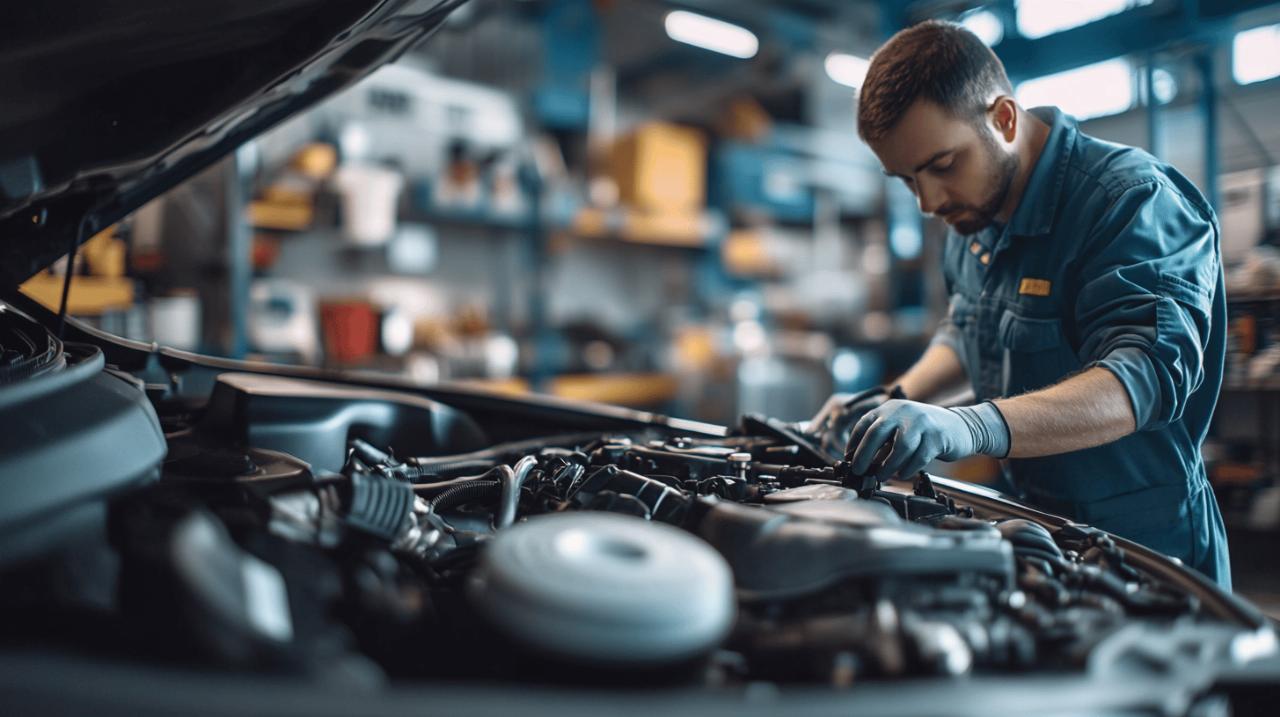Keeping your vehicle in tip-top condition requires more than just filling up the petrol tank and washing it occasionally. Proper maintenance is the cornerstone of extending your car’s lifespan and ensuring reliable performance for years to come. Whether you drive a brand-new model or a trusty older vehicle, understanding the essential services your car needs can save you significant money and prevent unexpected breakdowns at the most inconvenient times.
Regular maintenance schedules
Creating and adhering to a regular maintenance schedule is fundamental to vehicle longevity. Every auto manufacturer designs their vehicles with specific service requirements that, when followed correctly, can dramatically extend the life of your car. These aren’t merely suggestions but carefully calculated intervals based on how vehicle components wear under normal driving conditions.
Manufacturer-recommended service intervals
Most manufacturers recommend a full service every 12 months or 12,000 miles, whichever comes first. These comprehensive inspections involve checking numerous components and systems throughout your vehicle. Modern cars often come equipped with onboard computers that indicate when service is due, taking the guesswork out of maintenance timing. For higher-specification vehicles, manufacturer services that follow the car maker’s specific schedule might be necessary to maintain warranty coverage and optimal performance.
Between full services, many experts suggest interim services every six months or 6,000 miles. While less comprehensive than full services, these check-ups catch developing issues before they become serious problems. It’s worth noting that servicing differs significantly from an MOT, which is a legal requirement in the UK that focuses specifically on safety and emissions standards rather than overall vehicle health.
Tracking your vehicle’s maintenance history
Maintaining detailed records of your car’s service history serves multiple purposes. Not only does it help you stay on schedule with upcoming maintenance needs, but it also significantly enhances your vehicle’s resale value. Prospective buyers are willing to pay more for a car with documented care. A survey revealed concerning statistics about maintenance habits: while 14.61% of respondents had serviced their vehicles within six months and 31.11% within 6-12 months, a worrying 8.5% hadn’t had a service in over three years, and 16.02% couldn’t recall their last service date.
Creating a simple digital or physical folder with all service receipts, work orders, and part warranties provides peace of mind and concrete evidence of proper care. Many service centres now offer digital maintenance tracking, making this process even more straightforward.
Critical fluid services
 The various fluids circulating through your vehicle are quite literally its lifeblood. Regular checking and replacement of these fluids is among the most crucial aspects of preventative maintenance that directly impacts both performance and longevity.
The various fluids circulating through your vehicle are quite literally its lifeblood. Regular checking and replacement of these fluids is among the most crucial aspects of preventative maintenance that directly impacts both performance and longevity.
Engine oil quality and change frequency
Engine oil serves as the primary lubricant for your engine’s moving parts, preventing metal-on-metal contact that causes excessive wear. Over time, this oil breaks down and becomes contaminated with particles that can actually damage your engine rather than protect it. Regular oil changes, starting from about £89 according to service providers, are absolutely essential for maintaining engine health.
The traditional recommendation of changing oil every 3,000 miles has evolved with modern synthetic oils and engine designs. Today’s vehicles can often go 5,000-7,500 miles between changes, but this varies significantly based on driving conditions. City driving with frequent stops and starts typically requires more frequent oil changes than highway driving. Always consult your owner’s manual for the manufacturer’s specific recommendations regarding oil type and change intervals.
Transmission, brake and power steering fluid maintenance
Beyond engine oil, several other fluids require regular attention. Transmission fluid lubricates the gears in your transmission system and requires checking and replacement at intervals specified by your manufacturer. Neglecting this maintenance can lead to rough shifting and eventually transmission failure, which ranks among the most expensive repairs.
Brake fluid absorbs moisture over time, which can corrode brake components and reduce stopping efficiency. Most manufacturers recommend replacing brake fluid every two years regardless of mileage. Power steering fluid enables smooth steering operation, and low levels can cause difficulty turning the wheel and potentially damage the power steering pump. Regular FORCES checks include examining these critical fluids along with coolant, screen wash, and fuel to ensure your vehicle operates safely and efficiently between formal services.





